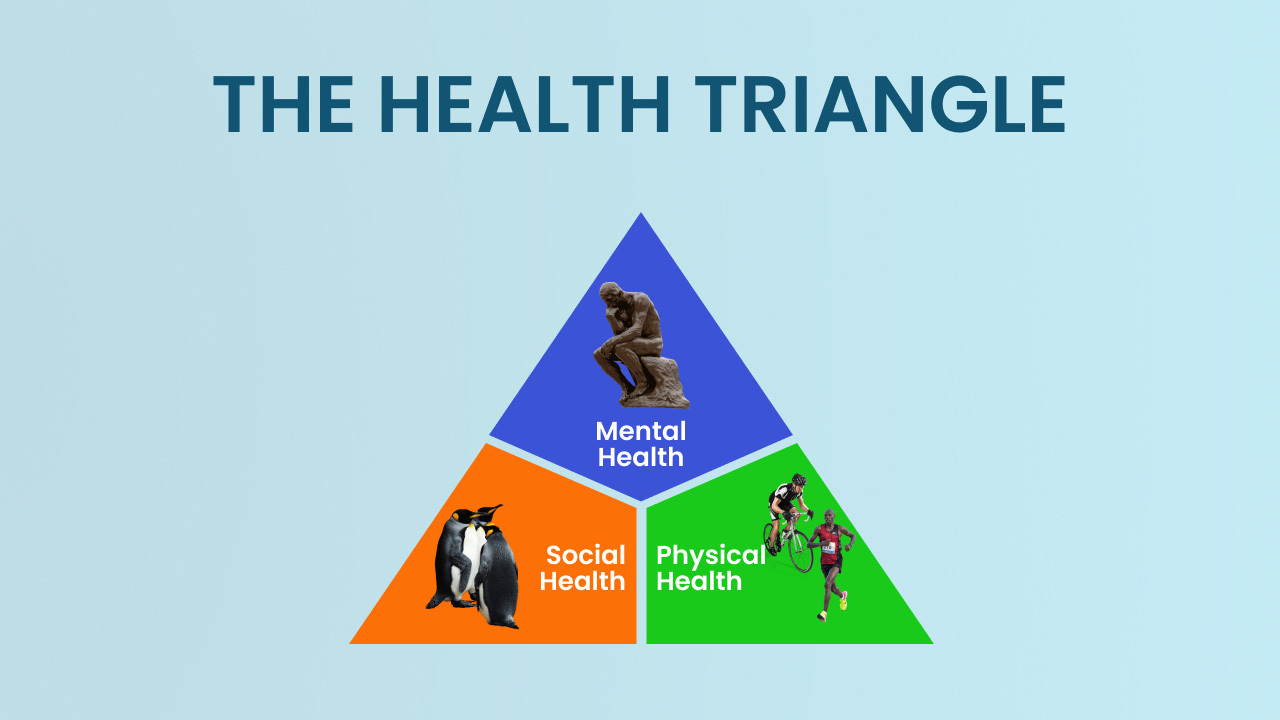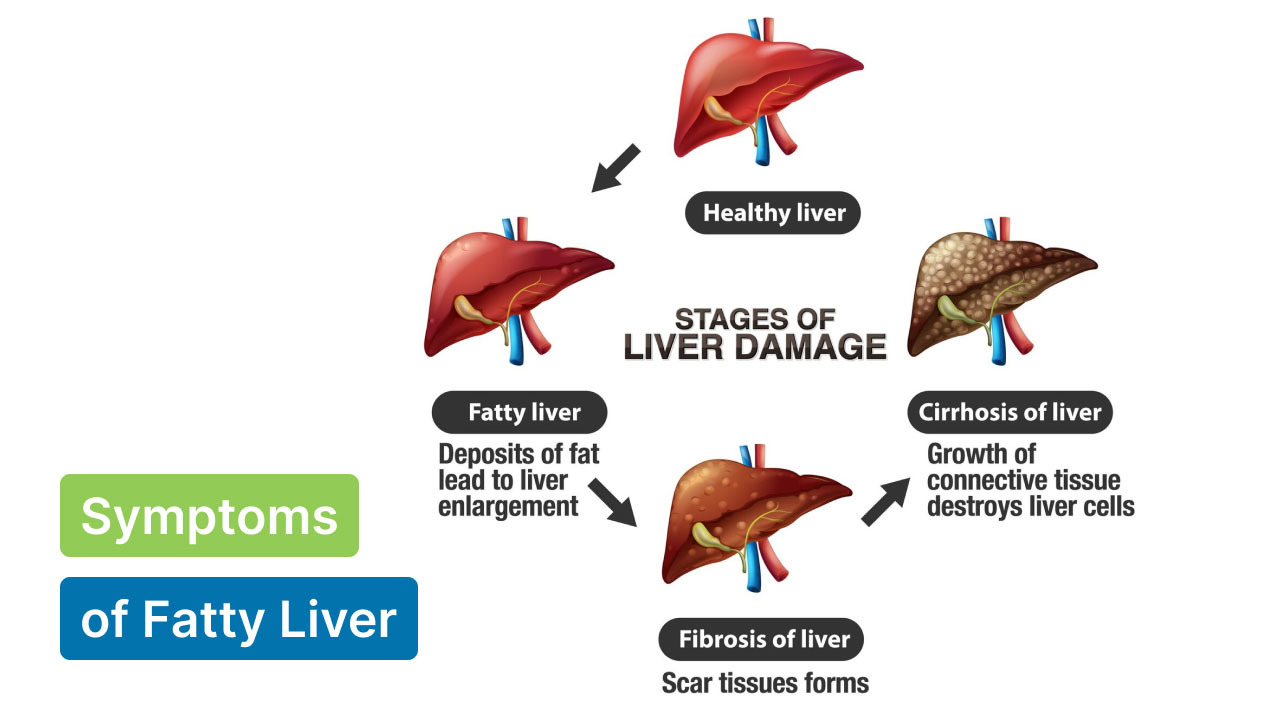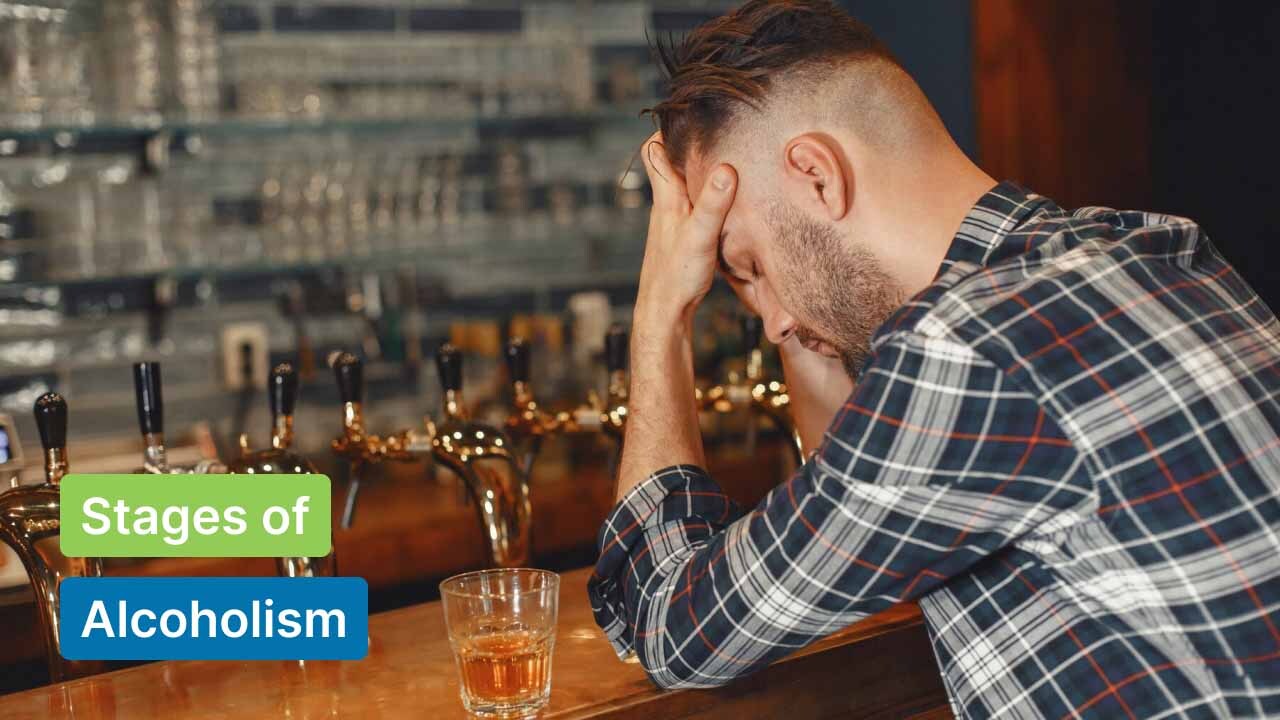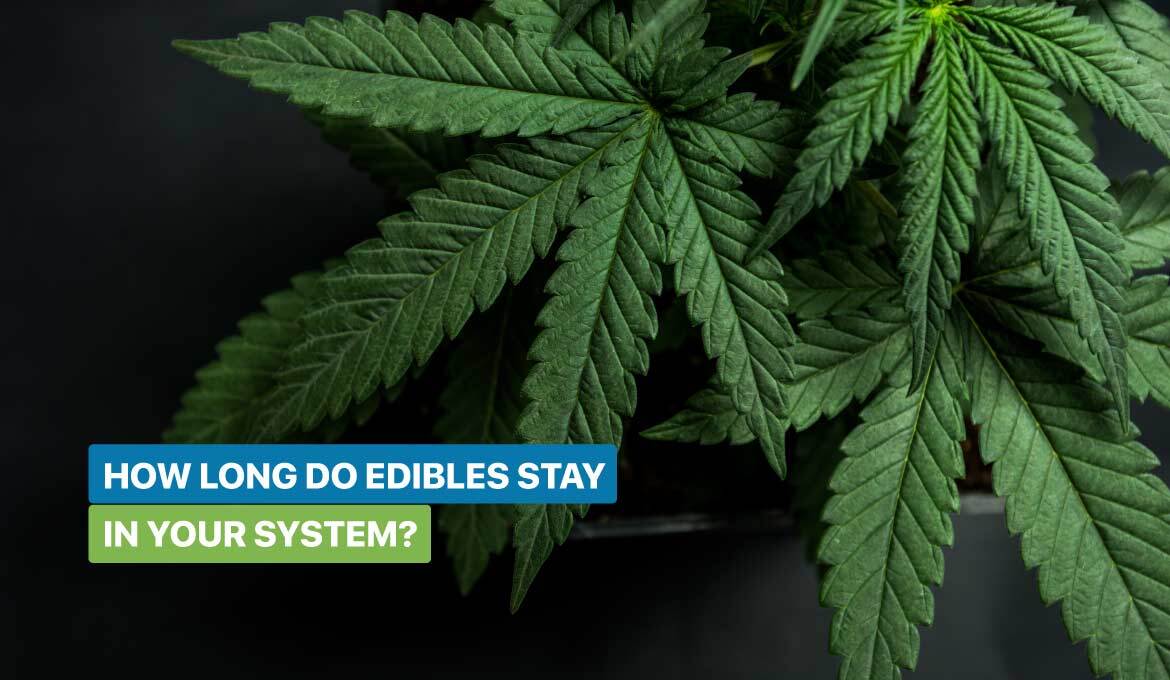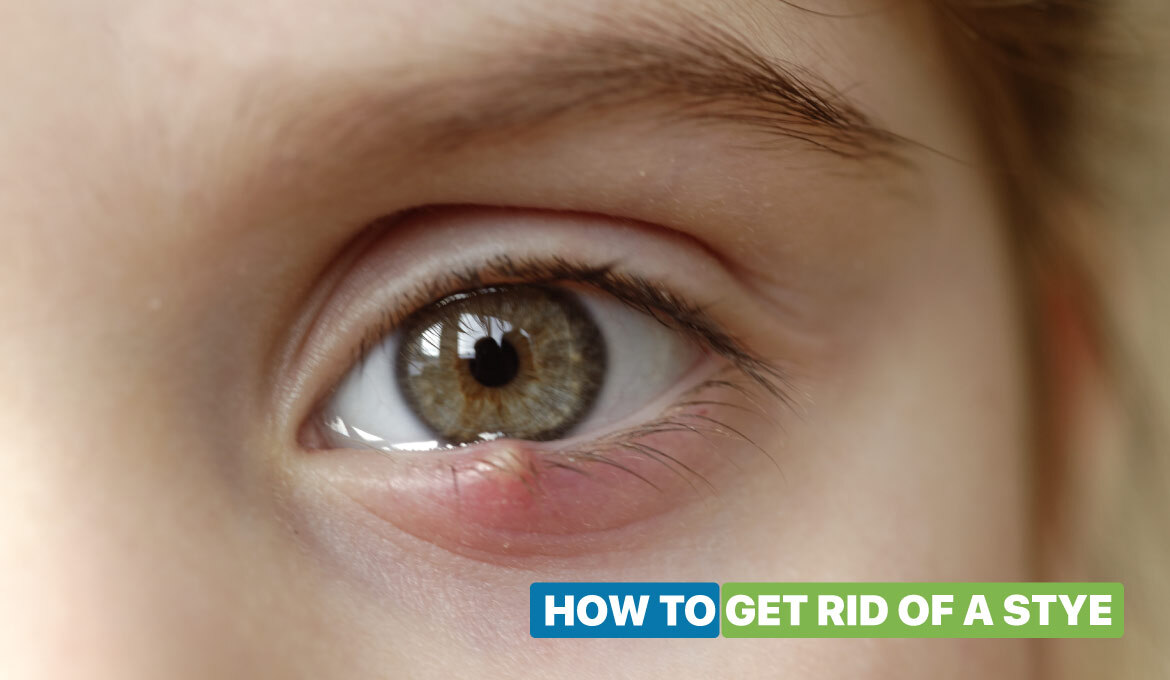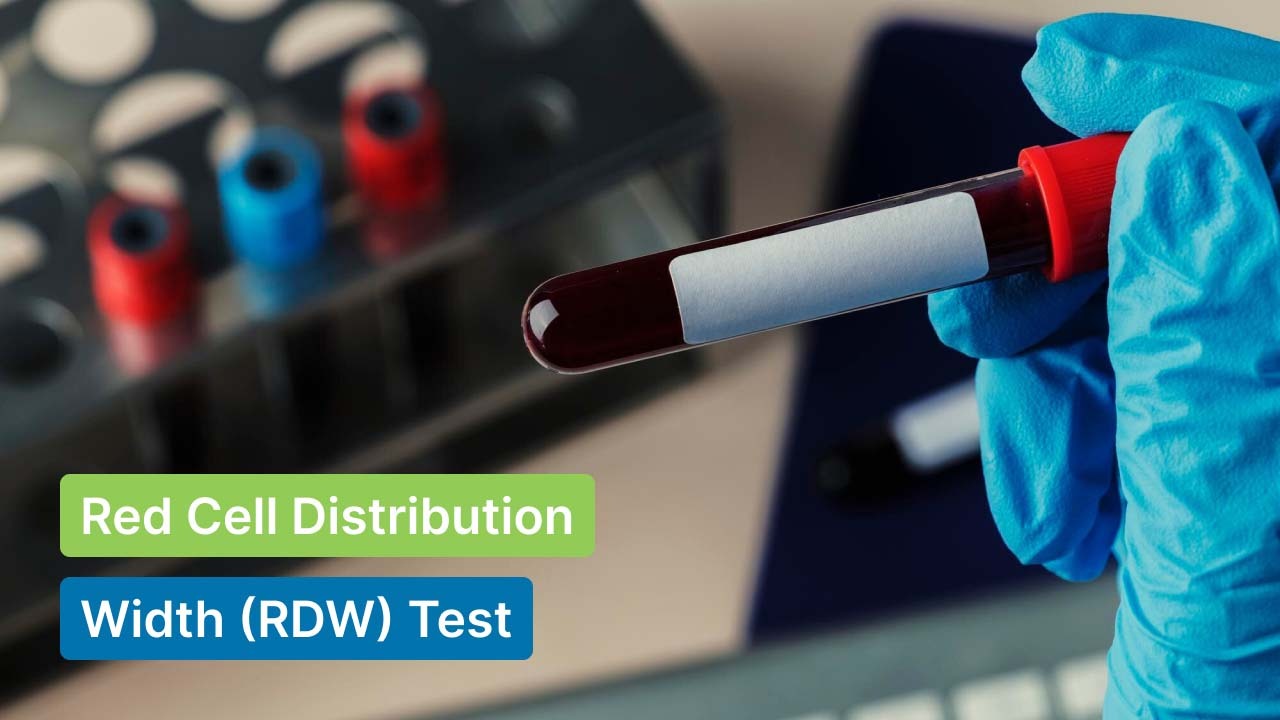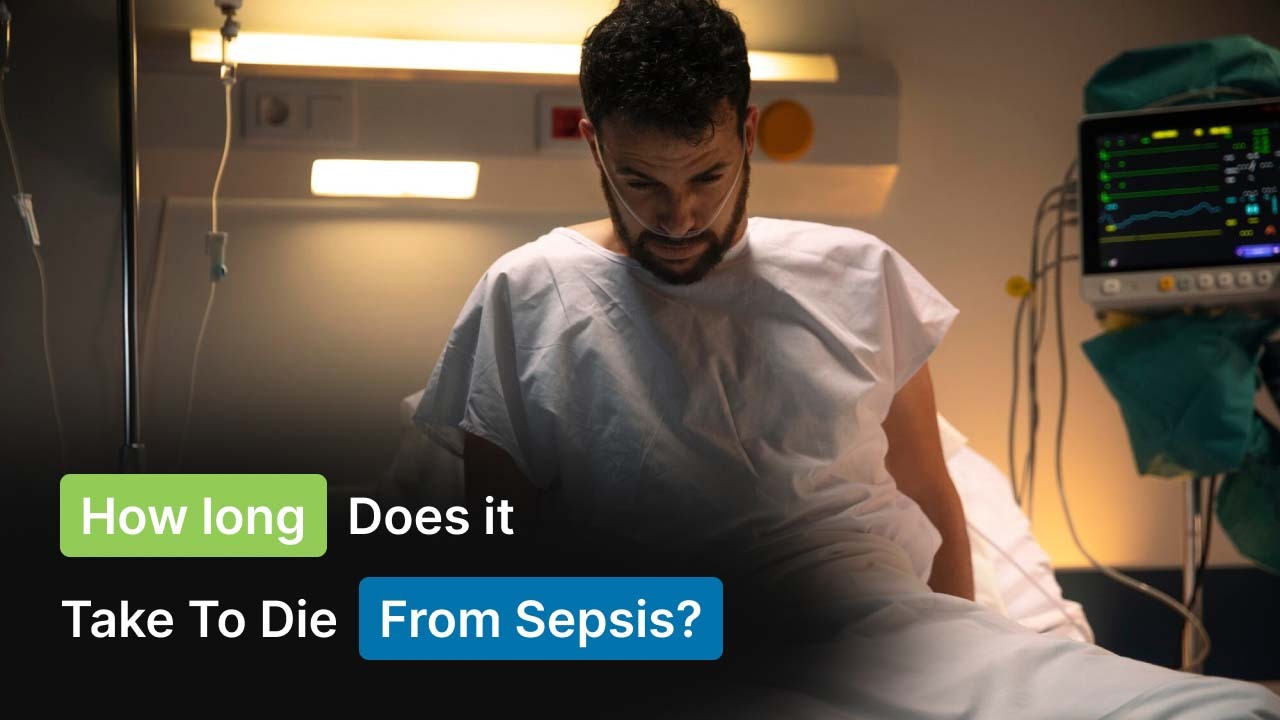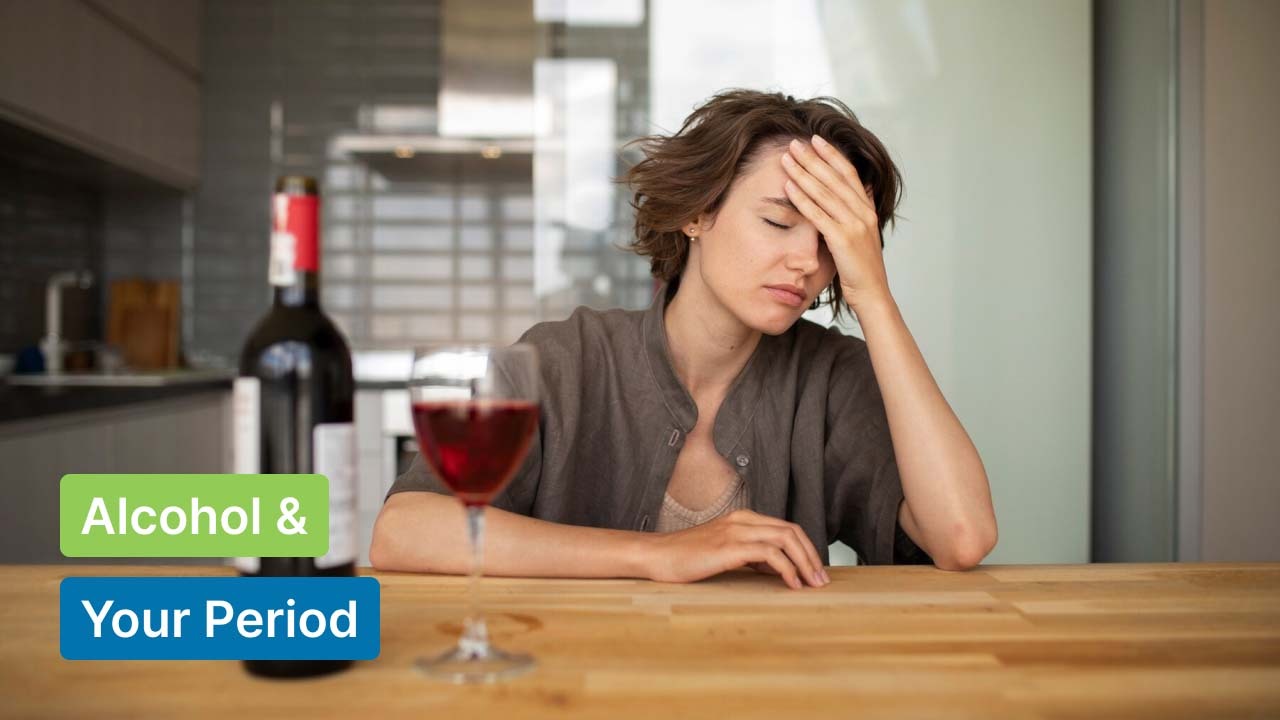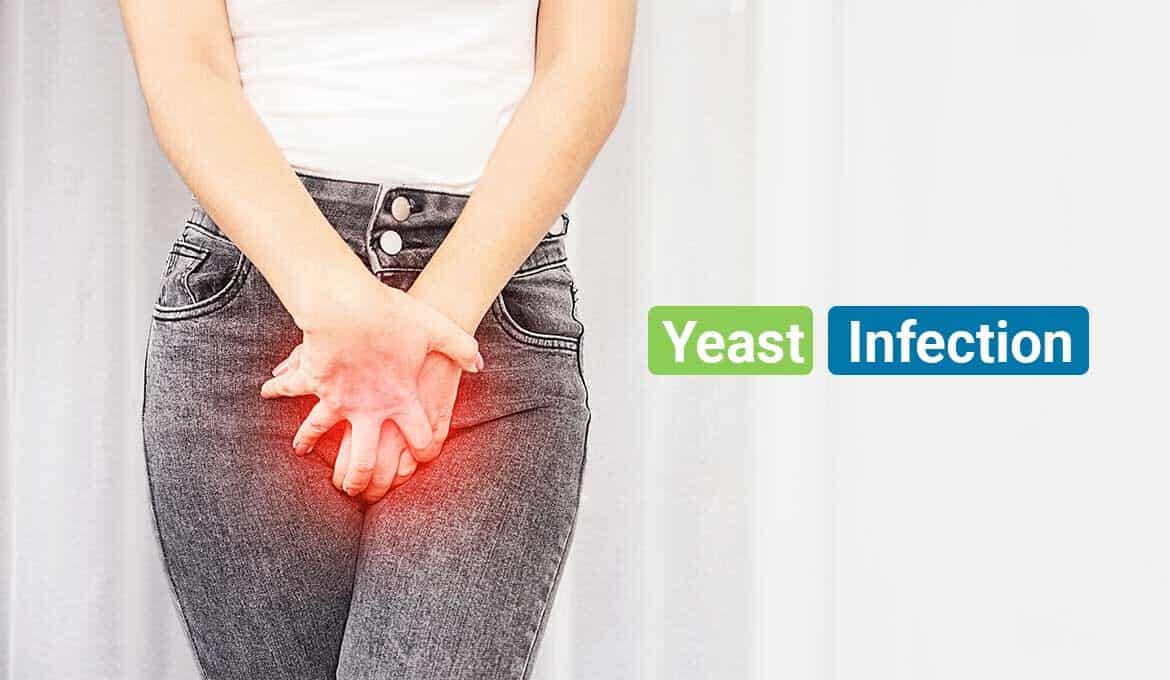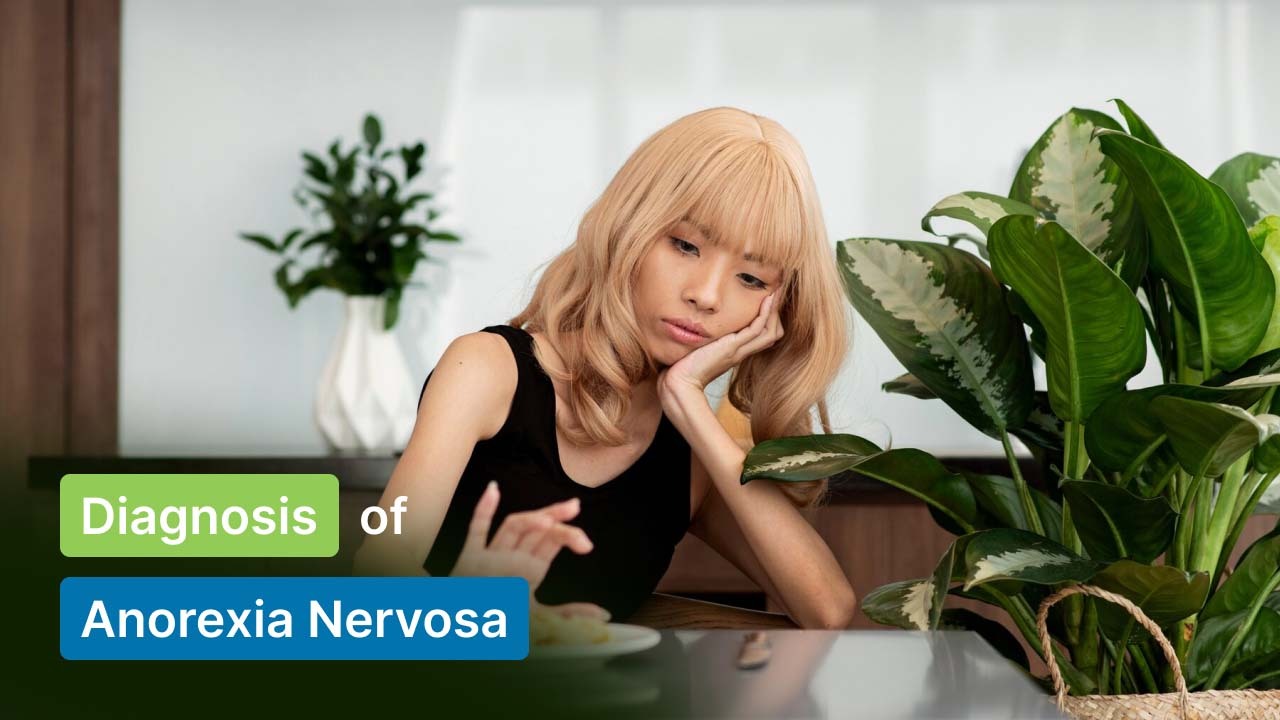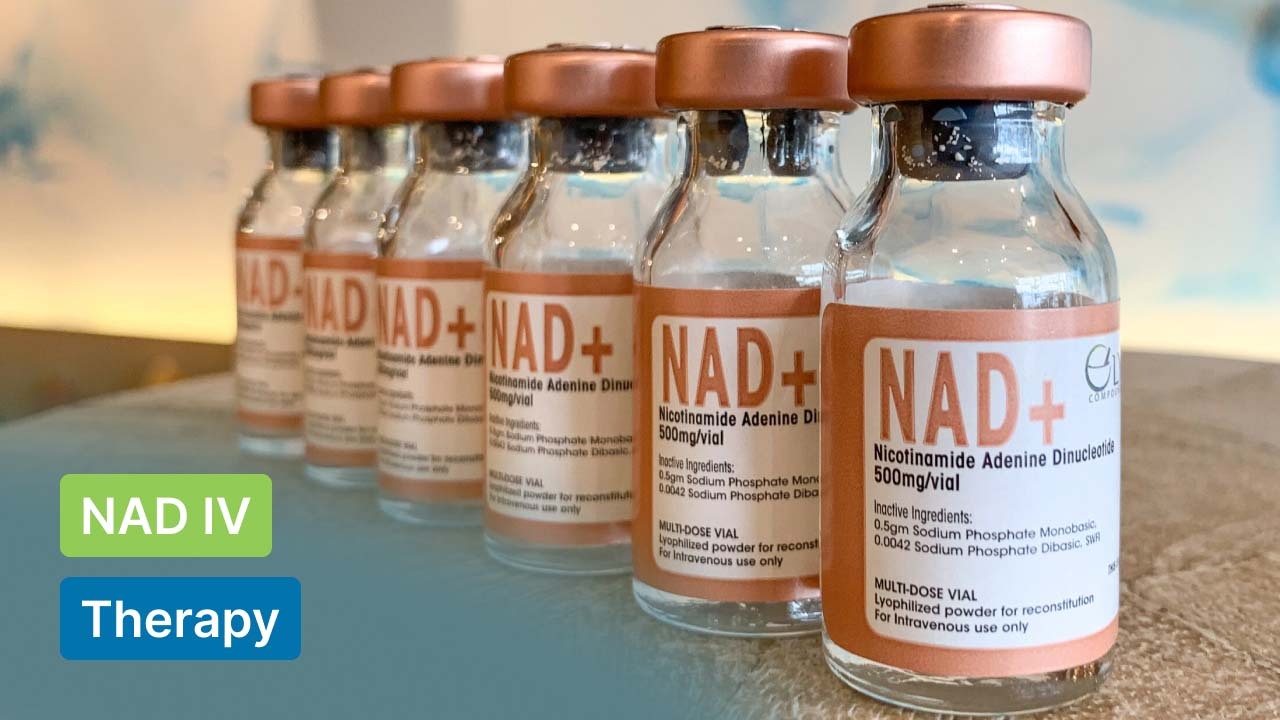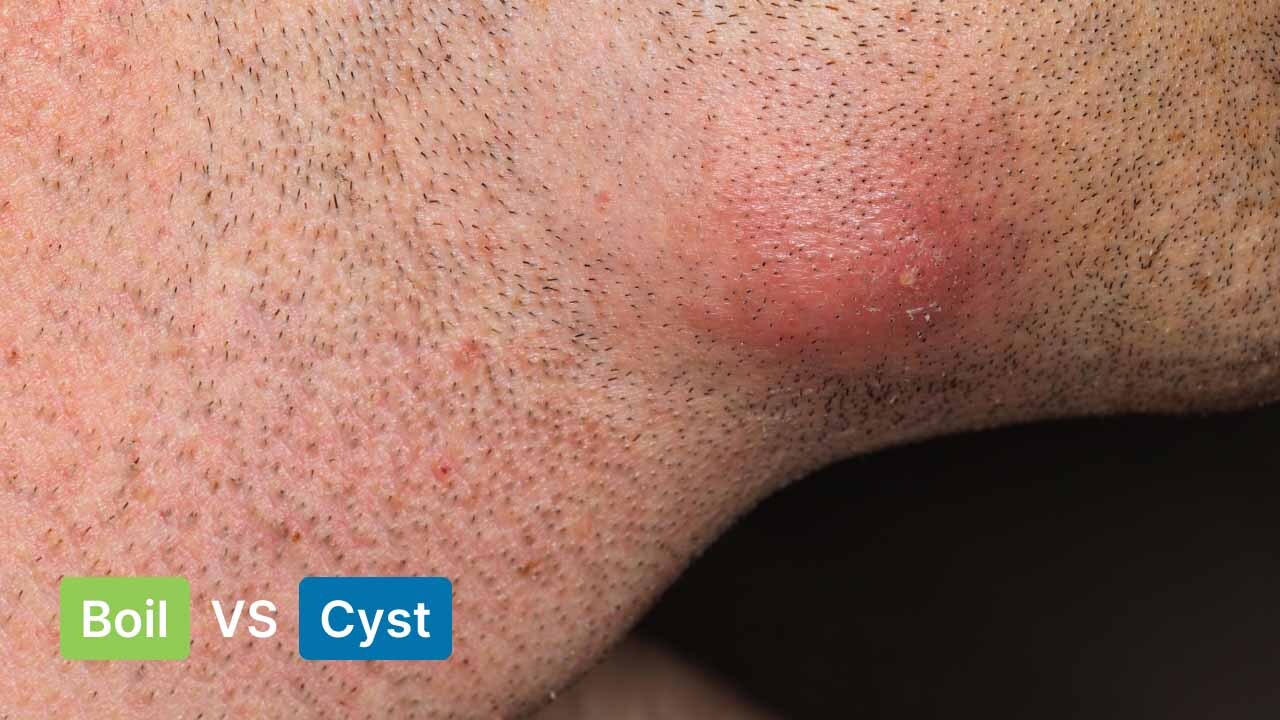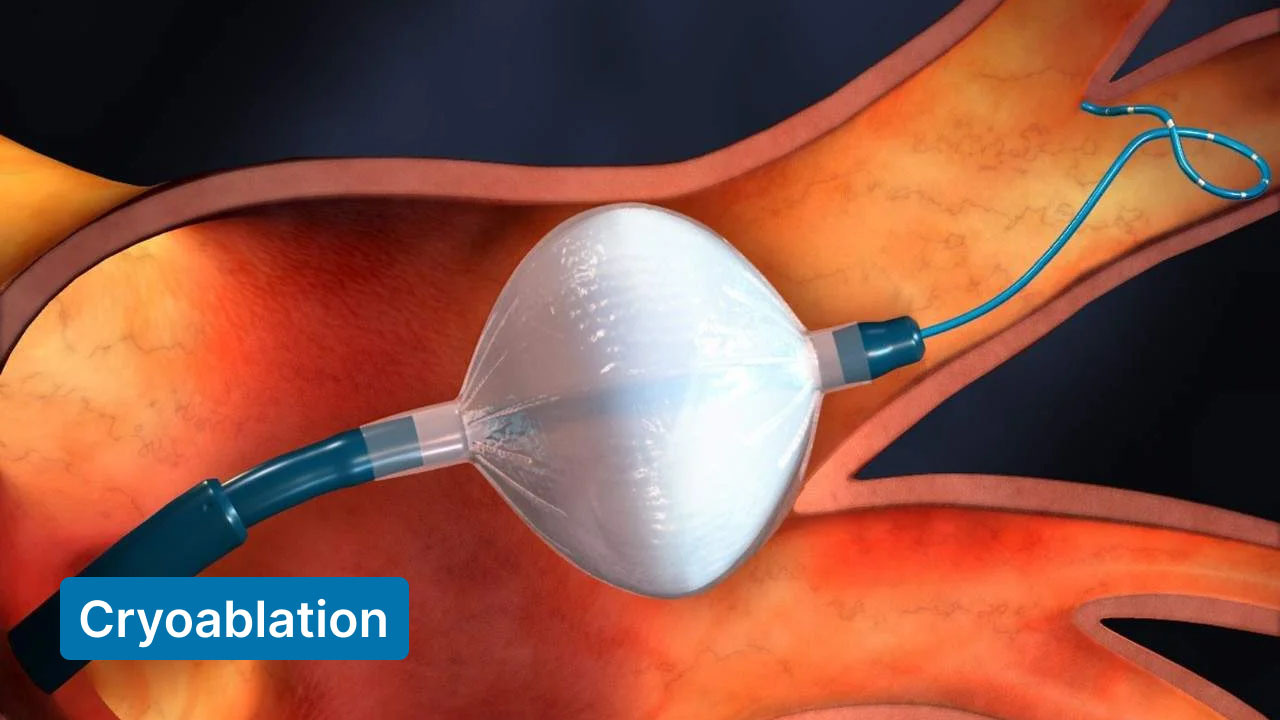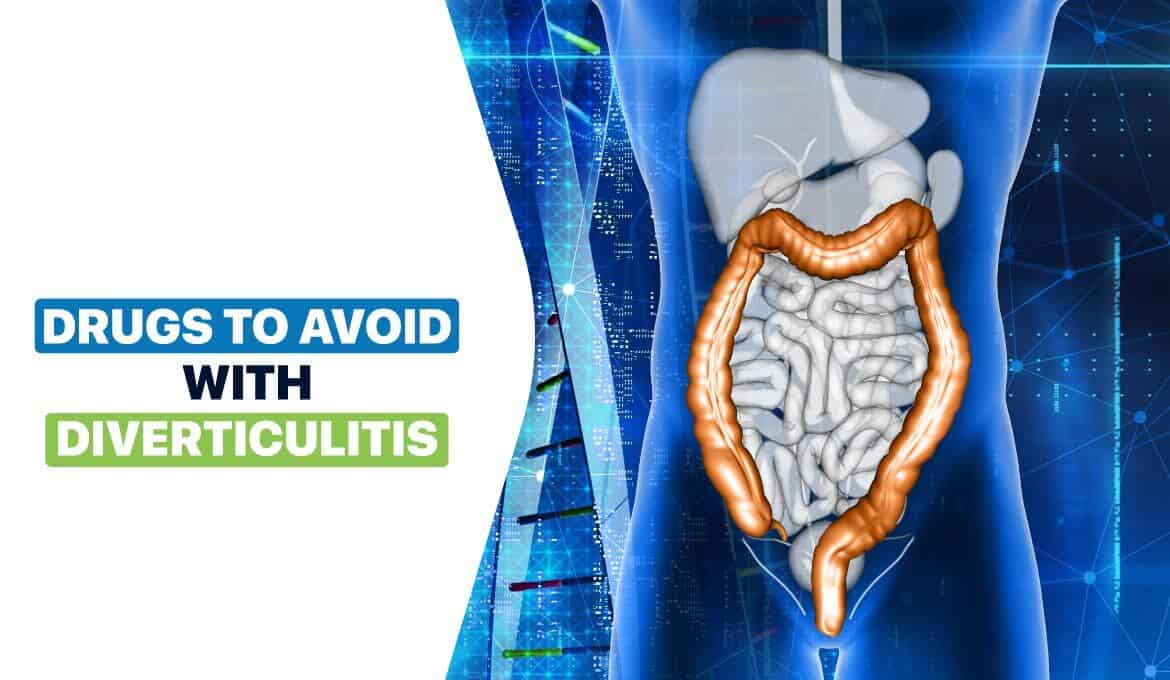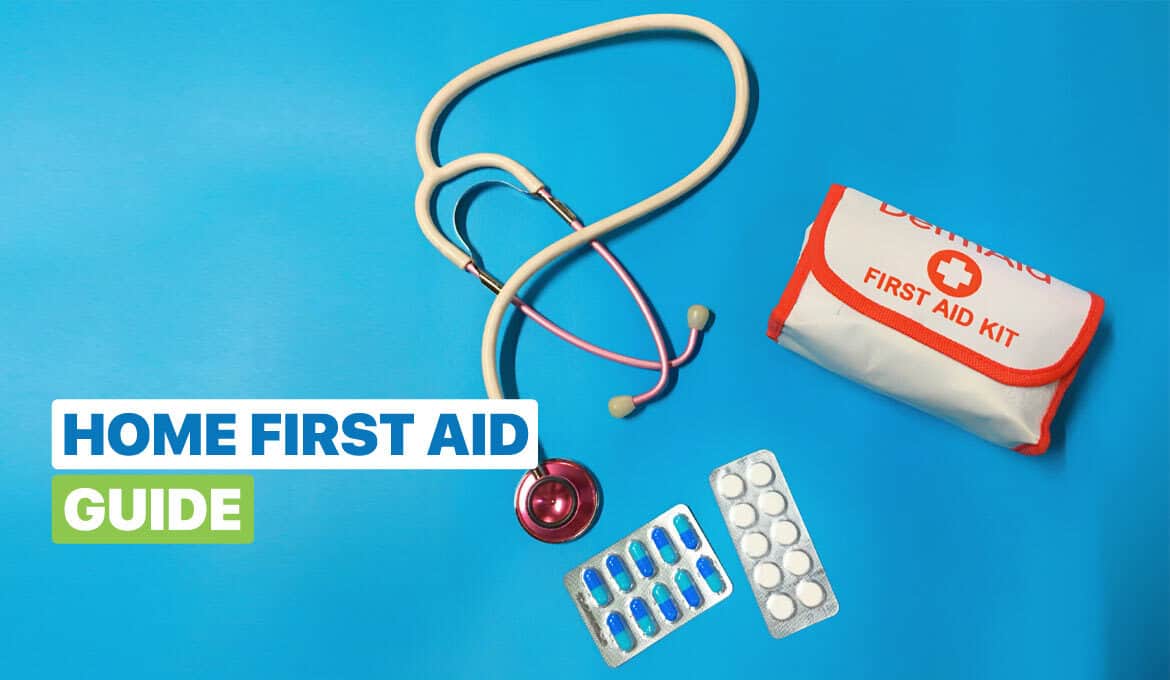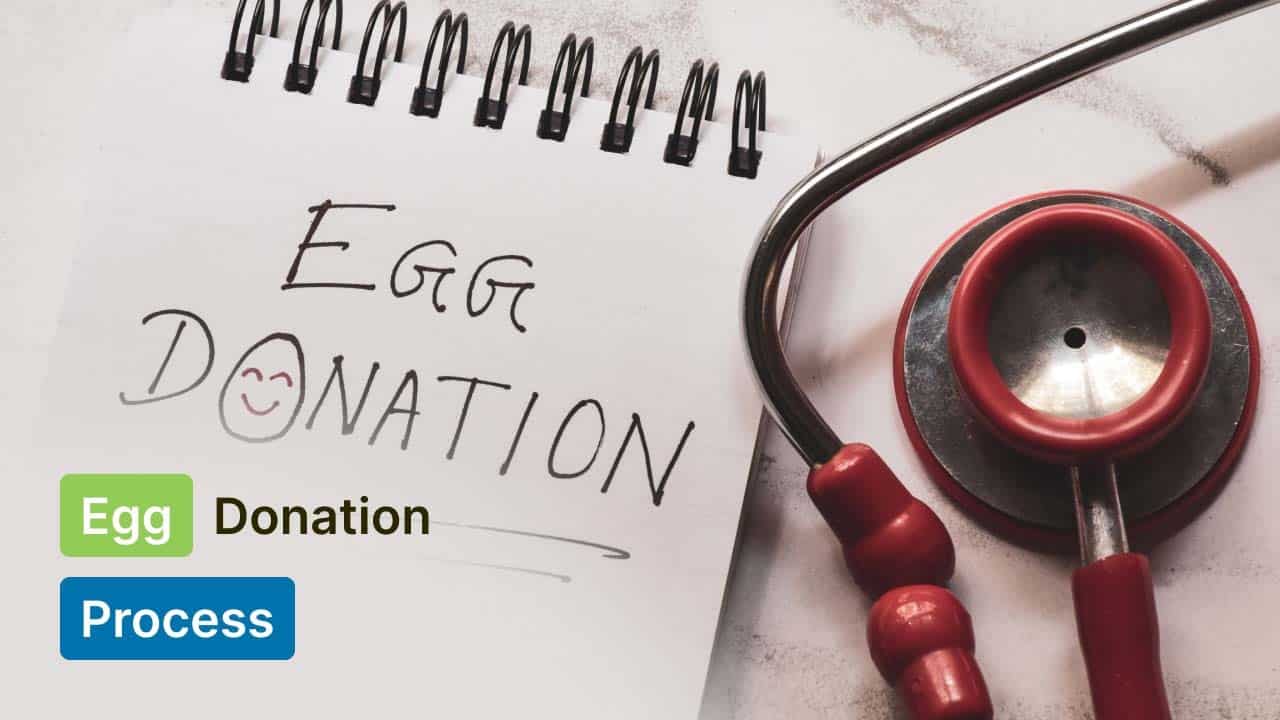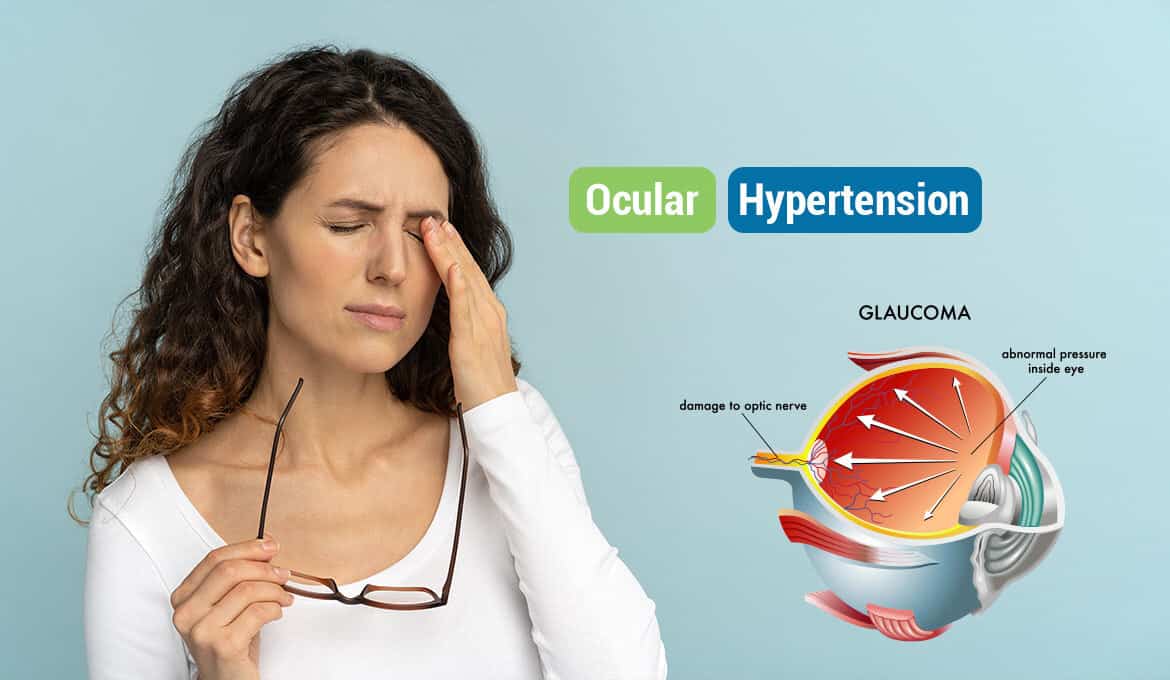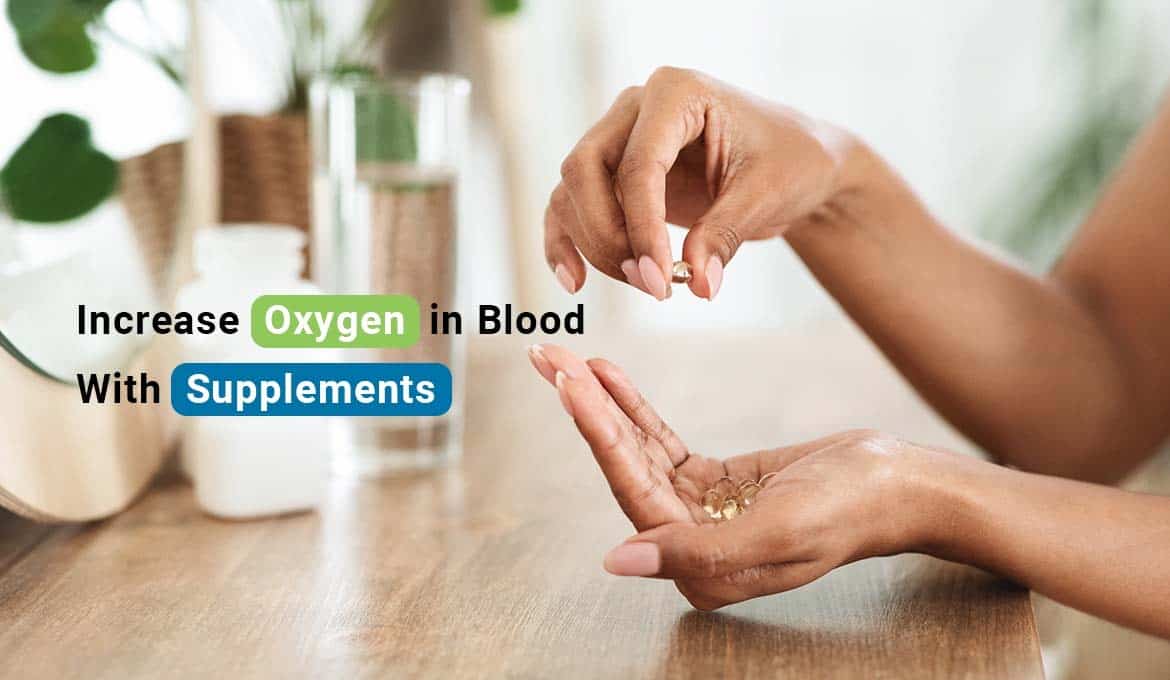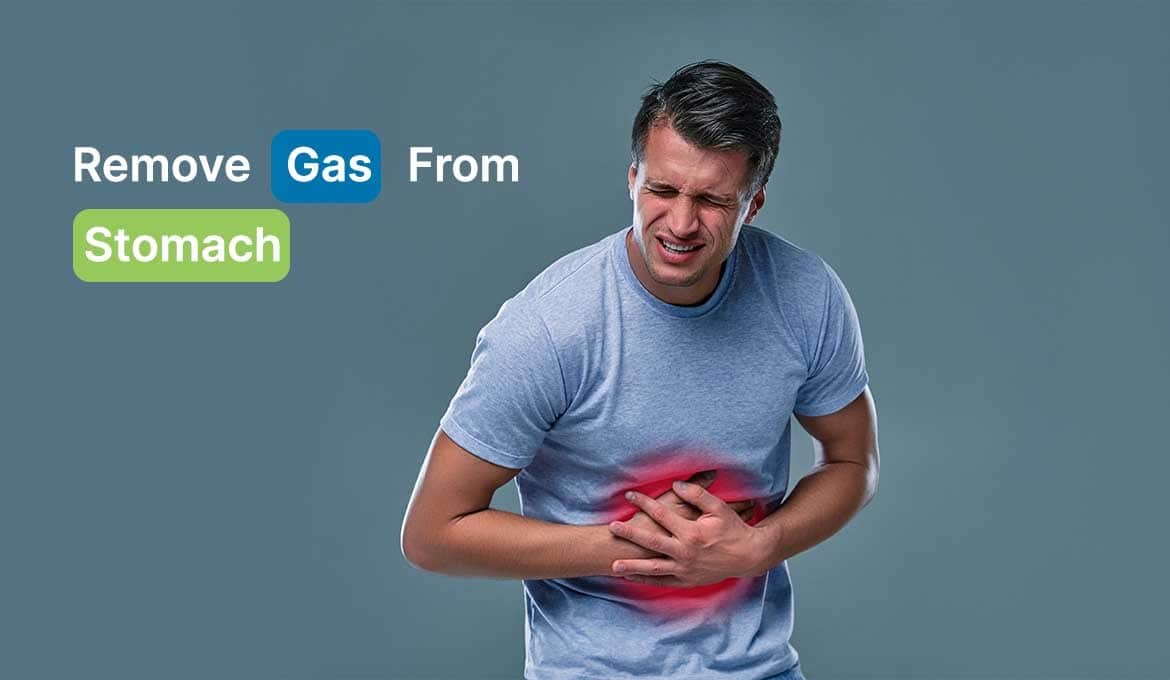
Gas is a natural part of our digestive system functions. Usually, everyone passes gas multiple times daily, which sometimes puts them in an unpleasant situation, but it is normal.
However, when too much gas is formed in your intestines, it leads to bloating or stomach aching, which can cause severe pain in your abdomen.
The body gets rid of gas through burping and farting. But if you are dealing with severe gas pain and looking to relieve trapped gas immediately, we have got you covered.
To know more about how to get rid of gas, its causes, and prevention tips, continue reading further.
Stomach Gas: Causes
Intestinal gas is a common process and can cause discomfort and embarrassment. The main reason for trapped gas accumulation of air in your digestive system is that it may cause pain if not passed through your digestive system. Here are some of the most common causes of gas:
i. Basic Digestion:
Gas forms due to the bacteria that do not break down certain food in your large intestine, like carbohydrates. Carbohydrates take time to break down until they sit in the intestine in a partially digested state.
Then, these partially digested foods undergo a fermentation process that creates air bubbles, forming gas.
ii. Bacterial Fermentation:
The human body has trillions of bacteria whose function is to break down food. When these bacteria cannot break unabsorbed carbohydrates in the large intestine, they produce gas.
iii. Swallowing Air:
When you ingest air while eating and drinking, gas also moves into your digestive system. So avoid things like drinking carbonated drinks like soda, chewing gum, or smoking as through them, one can swallow even more air than normal.
iv. Food Intolerance:
According to Kyle Staller, MD, MPH, director of the Gastrointestinal Motility Laboratory at Harvard Medical School and Massachusetts General Hospital, gas can enter your digestive system if you are food intolerant. Some parts of milk sugar do not digest completely, forming gas.
v. Medications:
Medications like antibiotics, nonsteroidal anti-inflammatory drugs (NSAIDs), and laxatives can impact the digestive system and increase gas formation.
However, you must talk to your healthcare professional if you experience constant or severe symptoms, like excessive bloating, changes in bowel habits, abdominal pain, or unexplained weight loss.
What Are The Symptoms Of Trapped Gas?
The National Institute of Diabetes and Digestive and Kidney Diseases (NIDDK) explains what you eat passes through your gastrointestinal (GI) tract.
The organs that make up the GI tract are the stomach, mouth, esophagus, small intestine, large intestine, including the colon, rectum, and anus. Some air also passes through the GI tract with meals, which causes gas. Gas symptoms include:
- Bloating: The irritated feeling of stomach fullness in the abdomen.
- Abdominal pain and cramping: Gas can provoke abdominal pain or cramping.
- Burping: Throwing air out via the mouth from the stomach.
- Flatulence: Passing gas via the rectum.
- Abdominal rolling and sounds: Trapped gas can cause rolling or sounds in the abdomen.
- Early Fullness of Stomach: Passed gas makes you feel full even after eating less.
- Back pain: Sometimes, trapped gas pain can cause discomfort in the upper or lower back.
However, these symptoms may also arise due to other medical conditions. If you experience such continuous or severe symptoms, consult medical guidance for a proper diagnosis.
How To Get Rid Of Stomach Gas?
Gas automatically passes on its own, but if you face issues like gas pain or bloating, here is how to instantly remove gas from the stomach through home remedies. Try these immediate gas relief methods:
1. Get Exercise
Exercise can help you to get free from gas by decreasing bloating. When you exercise, you trigger the gas to move faster through your digestive system. Below is how to release gas by doing effective exercises:
- Lie on your back and move your legs in a bicycle motion.
- A short walk after eating.
2. Yoga Poses
Yoga may help you get rid of gas and its symptoms. Here are some certain yoga poses:
Child's Pose:
- Sit on your knees with your toes touching behind you and your knees about the hip's width separated.
- Sit back onto your heels, fold over your knees, and let your head drop.
- Get your arms ahead to place your hands on the floor.
Seated Twist:
- Sit on the floor and bend your right leg in a cross-legged position.
- Now, cross your left leg over your right knee and put your foot on the floor as your left knee points upward.
- Then, turn your body left and join your right elbow on your left knee.
- Repeat the same on the opposite side.
3. Sip Herbal Tea
The next thing on how to get rid of gas pain is sipping a hot cup of tea, which will ease your gas stomach pain. You can try the tea below:
- Peppermint: As peppermint oil gives you essential supplements, its leaves also give benefits in gas release. Drink peppermint tea to pass the gas, improving digestion and relaxing muscles.
- Ginger: Ginger is helpful to increase the speed of the digestion process between the stomach and intestines and helps relieve gas, bloating, stomach pressure, and other gas symptoms.
- Chamomile: Chamomile helps relax the digestive muscles and helps pass painful gas.
- Lemon balm: This common herbal remedy includes anti-inflammatory and antispasmodic effects to treat gas and stomach pain.
4. Try Natural Digestive Aids
Natural digestive aids hold digestive enzymes that perform together with the body's enzymes to speed up and enhance digestion.
Specific supplements may include enzymes that break down complex carbohydrates in foods, producing gas. Before taking high-quality natural digestive aids, consult a naturopath or doctor.
5. Take Activated Charcoal
Activated charcoal is a safe and natural remedy for gas and bloating. Consuming the charcoal removes gasses into itself, allowing it to be removed from the body.
This helps reduce gas and bloating and removes hassles from the digestive tract. Consume activated charcoal with water and only use it after consulting a doctor.
6. Take Probiotics
Probiotics help to break down food with the help of good bacteria. It rebalances gut bacteria. Studies have shown that probiotic supplements can help reduce excess gas and bloating.
As new bacteria are introduced into the gut, you may suffer from more gas, but it will improve as you continue to take it regularly.
How to Get Rid Of Gas When Pregnant?
Gas formation is common in the ending stage of pregnancy. So, consult a doctor before you try the above methods or take medication like laxatives or enemas. You can also exercise and eat fruits with laxative properties to relieve gas.
Additionally, small diets and drinking too much water can also lead to swallowing more air inside the stomach. Sitting or lying for too long can also affect digestion and lead to gas.
So, remember to exercise daily, maintain an active lifestyle thrice a week, and perform activities stimulating muscular contraction.
What Causes Excessive Gas Symptoms?
Gas can constantly produce, resulting in a hard, swollen belly, which causes pain and abdominal distension. Many factors can cause excessive gas, including:
Poor Diet:
Partially digested food can cause fragmentation in your digestive system due to natural bacteria. Consuming more carbohydrates can cause intestinal gas pain in the abdomen, resulting in bloating.
Constipation:
With constipation, stools become more complex and can cause pain as they block gas passing. Treating the constipation will help to resolve gas pain. Medication, teas, water, and fiber-rich food can treat constipation.
Excess fiber intake with little fluid:
Eating much fiber is good, but drink plenty of water to soften the stool and help the intestine pass gas more efficiently.
Otherwise, the stool will stay longer in the intestines, resulting in longer fermentation time and increasing gas and abdominal discomfort. Include food like papaya, whole wheat, oats, fruit with peel, and vegetables with high fiber content in your diet.
Illness:
Celiac disease, lactose intolerance, irritable bowel syndrome, gluten sensitivity, and other intestinal problems can cause abdominal pain and excess gas.
These abnormalities can be diagnosed at any phase of life. If the gas is frequent, Consulting a gastroenterologist may be beneficial.
Testing may be required to evaluate and analyze the functioning and health of the digestive tract. Also, check your current diet or connect with a nutritionist.
What is the Treatment for Excessive Gas?
The cause of the excess gas determines the treatment for gas and bloating. After reviewing your health history, the doctor may suggest you change your diet and eating habits.
The doctor may recommend the following treatment for extreme gas:
- Avoid chewing gum, smoking, drinking, and eating slowly to decrease the amount of air you consume.
- Avoid or limit foods that make your stomach gas pain.
- Take natural digestive enzymes to help digest carbohydrates in foods that create gas.
- Take antacids to get rid of gas in the digestive tract.
Tips For Preventing Gas
Pay attention to what and how you eat to lower the risk of getting a painful gas. You should keep track of the foods and situations that lead to a gas bubble. Avoid those foods or habits that seem to give you a gas problem.
Here are some essential tips to start with:
- Stay hydrated.
- Bypass carbonated drinks.
- Drink liquids at room temperature.
- Bypass foods that cause excess gas.
- Bypass artificial sweeteners.
- Eat slowly and chew your food well.
- Stop smoking or chewing tobacco.
- If you wear denture appliances, check whether they allow too much air when you eat.
- Do more physical exercise.
When To See A Doctor?
See your doctor if you often suffer from gas bubbles, if they last a long time, or if you have any symptoms below:
- Unexplained weight loss.
- Bowel movement changes.
- Constipation or diarrhea.
- Nausea or vomiting.
- Heartburn.
- Loss of hunger.
Your doctor can diagnose different possible conditions. They may also recommend you take a probiotic or a pharmaceutical antibiotic. Discussing the home remedies you're already doing, especially herbal supplements, is a good idea.
Conclusion
Gas is usually not a severe problem but may be a sign of a food intolerance or a digestive problem. By reading the above article, you know how to immediately remove gas from home remedies.
Easing yourself to pass gas by walking, taking deep breaths, and applying heat can all help reduce gas pain. Monitoring what you eat and taking some preventative steps can help.
Getting fast relief may take experimenting with other remedies to see what works for you. You may also check if OTC remedies and supplements are helpful. Consult your healthcare provider before taking them to be sure they are safe in your case.
FAQs
1. What is the best position to relieve gas?
Ans: Several yoga poses can help to get rid of gas. You can perform a child's pose and knee-to-chest pose.
2. How long does gas pain last?
Ans: Gas can stay trapped, inducing pain, for some hours. If you do not experience relief within that time frame, you may take advice from your doctor if you have a more severe issue like appendicitis.
3. How do you relieve trapped gas immediately?
Ans: Try these home remedies to relieve gas fast:
- Herbal teas such as spearmint, ginger, or anise.
- Apple cider vinegar is added to tea or water.
- Place a heating pad on the stomach or take a warm bath.
- Fennel seeds.
- Gentle exercise.
Read Also:



























